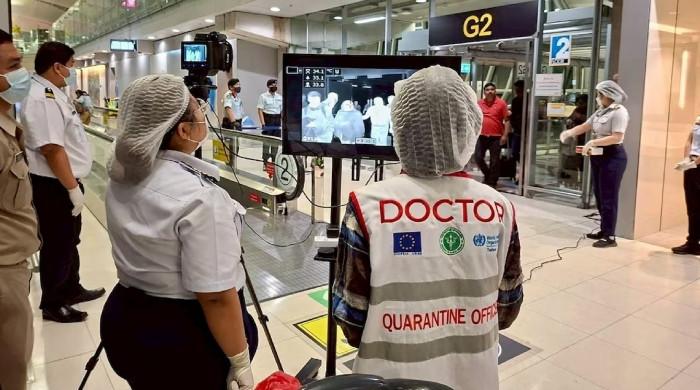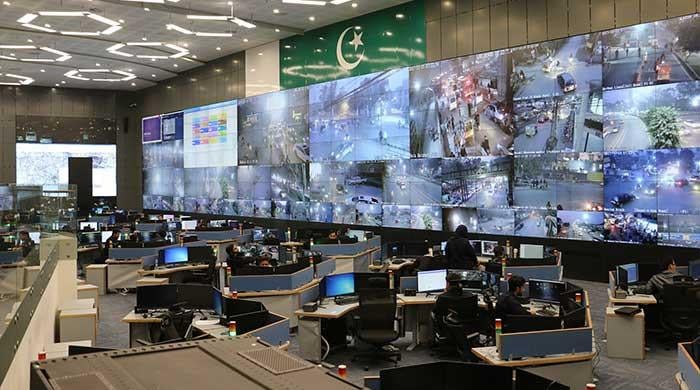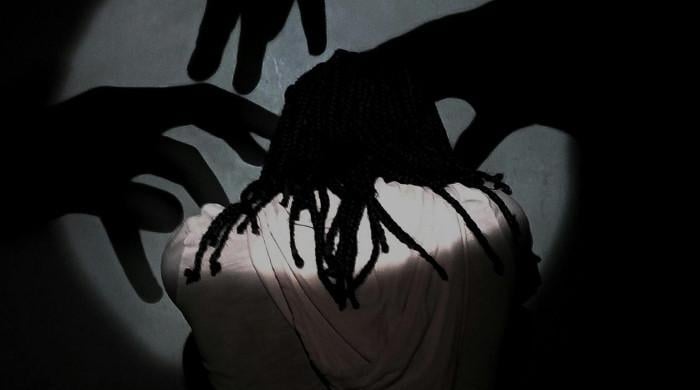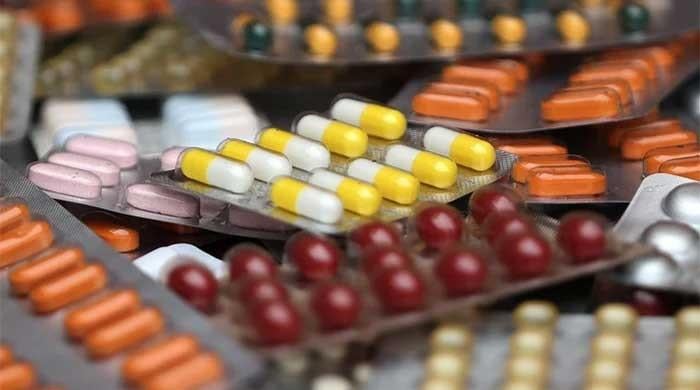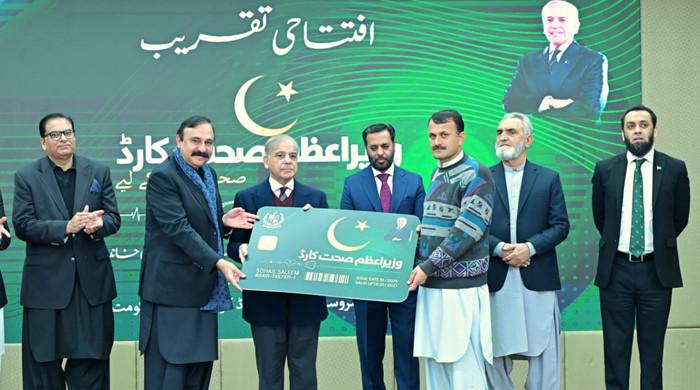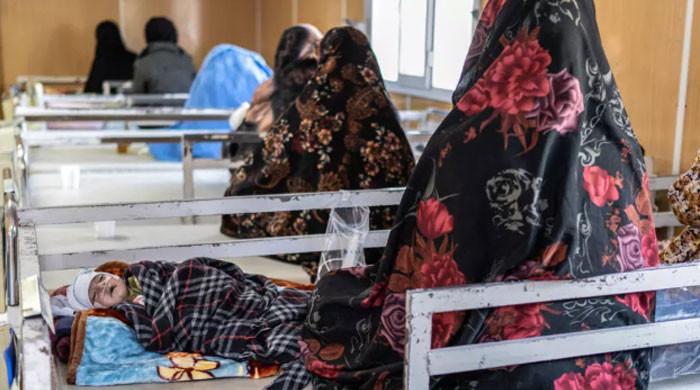Karachi's JPMC getting budget for half of its patients only
Lesser budget makes it impossible to meet people’s medical needs, say hospital officials
March 29, 2022
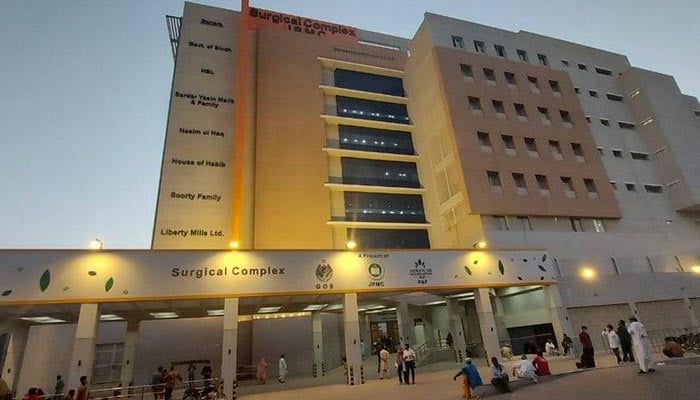
- Lesser budget makes it impossible to meet people’s medical needs, say hospital officials.
- “JPMC Karachi is now a 2,200-bed facility [...], but it’s still being provided a budget for a 1,100-bed facility,” says director.
- "Federal government did not provide adequate financial resources to the JPMC," adds director.
KARACHI: Karachi's Jinnah Postgraduate Medical Centre (JPMC) is still being provided with a budget for a 1,100-bed hospital, despite growing into one of the largest health facilities in Pakistan, the hospital's officials said on Monday.
With the addition of hundreds of more beds, the lesser budget makes it impossible to meet people’s medical needs.
“JPMC Karachi is now a 2,200-bed facility with the addition of a new surgical building and three new wards, but it’s still being provided a budget for a 1,100-bed facility,” JPMC Executive Director Prof Dr Shahid Rasool said at the inauguration of shock wave and laser lithotripsy treatment facilities at the hospital’s urology department.
Rasool went on to say that "at the current bed strength, the JPMC needs double its budget to fulfil the medical needs of the people of Karachi, of other cities of Sindh, and of Balochistan.”
Prof Dr Shahzad Ali Khan, the urology department’s head, gave a presentation on starting shock wave and laser lithotripsy procedures for the removal of kidney stones, and the availability of laparoscopic surgery, and he sought support for starting renal transplants at the department.
Dr Rasool deplored that after the shifting of the capital from Karachi to Islamabad, the federal government did not provide adequate financial resources to the JPMC and that it was also badly ignored following devolution, as no improvement had been made at the health facility during the past decade.
“A couple of days ago, when I approached the Sindh Finance Department, I was told that in their books the JPMC is still a 1,100-bed facility, although its bed strength has increased to 2,200. At the moment, we have staff for 1,100 beds, while over 2,200 patients are treated at this facility.”
He asked how they could provide quality treatment to such a large number of people in these circumstances. He said they not only require faculty, doctors, nurses and paramedics but also more funds for medicines, equipment and the latest machinery to provide tertiary-care health facilities to the public.
“Our budget is somewhere between Rs3.5-4 billion annually, which is extremely insufficient for us. There is an immediate need to increase the JPMC’s budget to Rs8 billion to meet our needs.”
Praising urologist Dr Khan for his efforts, he said the administration has arranged shock wave and laser lithotripsy equipment for the removal of kidney stones, and now efforts are being made to equip the urology department for renal transplants.
Dr Khan said they are now going to treat at least four kidney stone patients with shock wave lithotripsy on a daily basis, pointing out that it is a painless procedure. He added that they have also started laser lithotripsy for extremely hard stones.
“In addition to that, we are also offering laparoscopic surgeries for the removal of kidney stones and for non-functional kidneys, and we also perform some other sophisticated surgeries at our department,” he said, adding that they would soon move towards starting renal transplants.
Originally published in The News




